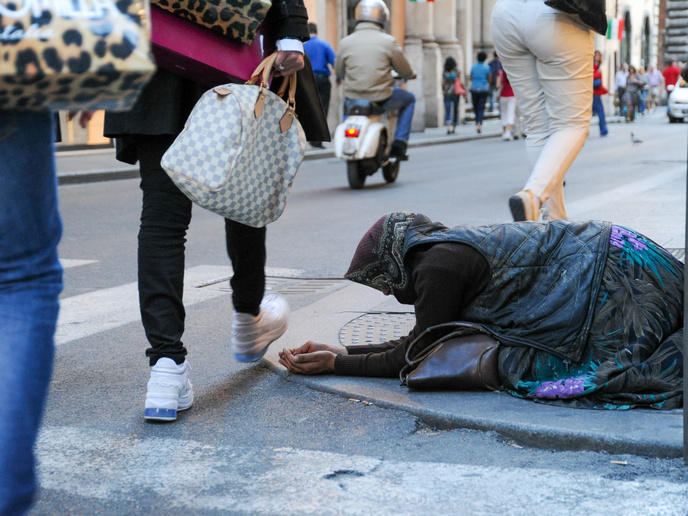How growing state control impacts civil society
Nicole Bolleyer is a professor of Comparative Politics at the University of Exeter and from January 2021 will hold the chair of Comparative Political Science at Ludwig-Maximilians University in Munich. For the past 6 years, she has been taking an unprecedented look into the origins of legislation constraining civil society. Her book ‘The State and Civil Society’, released in 2018, considered this issue across a wide range of long-lived democracies for the first time. Now, she’s writing another book assessing the varying capacity of civil organisations to cultivate member participation and engage in interest representation. To summarise, Bolleyer’s expertise and research can help civil society cope with its changing role as well as inform future legal choices. “With democracy in crisis all over Europe and many people disengaging from politics, the capacity of civil society organisations to link citizens to state institutions has never been so important. So is the question of how the state itself – by making certain legal choices – intentionally or unintentionally affects this ability,” she explains. From a pan-European point of view, there have been trends towards growing state regulation of civil society for a while. But it seems to have accelerated over the past few years. Measures to tackle the threat of terrorism have contributed to the so-called ‘shrinking space problem for civil society’ where civil society has less and less space to effectively express itself and impact decision-making, a phenomenon recently highlighted by the EU, the Council of Europe and various NGOs. COVID-19 has also contributed to this worrisome trend. “I am currently looking at government responses to COVID-19 to understand differences between countries and find out under which conditions these measures are likely to constrain civil society and how,” says Bolleyer. “Whilst temporary rights-restricting measures were considered necessary in many democracies to control the spread of the disease, we can see important differences. Sometimes these measures considerably weakened democratic ‘checks and balances’ such as parliamentary scrutiny or the courts, sometimes not.”
Comparing long-lived democracies
The comparison between different democracies (19 in total) was at the heart of Bolleyer’s project STATORG (State Encroachment on Civil Society? A Comparative Study of Parties, Interest Groups and Welfare-Providing Organizations in Contemporary Democracies), funded by the European Research Council (ERC). The project particularly focused on the claim that civil society’s increased dependency on state finance and regulation has negative repercussions on its internal functioning and activities. It examined legislation and assessed its consequences on parties, interest groups and public benefit organisations. All in all, the project generated data on over 3 200 civil society organisations. The project’s findings can be split in two: “First, we found that depending on countries’ legal and welfare-state traditions, as well as their democratic history, they generally tend towards adopting more or less constraining regulation. This implies that different democracies are more or less resilient against the erosion of civil society space when encountering exceptional circumstances that invite more restrictive legislation such as terrorism or the current pandemic,” Bolleyer adds. “Then, we found very different consequences of different forms of state-society relations. For instance, in organisations strongly reliant on paid staff, a condition often enabled and reinforced by state funds, members tend to have less influence over internal decisions. In other words, they are less internally democratic.” In her new book, Bolleyer will further explore this last finding by looking at a range of dimensions of civil society’s potential democratic contribution. “In essence, the study shows the complex consequences of central organisational properties such as level of professionalisation or dependence on state funding. It particularly considers members’ participation in an organisation and whether political interest representation is likely to be responsive to societal needs and concerns.” The project has already started influencing legal choices, too. Bolleyer has notably helped in reviewing legislative drafts of Organization for Security and Co-operation in Europe (OSCE) member countries as well as revising its Guidelines on Political Party Regulation. The latter contain good practices in regulation to support the drafting of political party-related legislation. With the STATORG project now completed, Bolleyer is focusing on the recent wave of government restrictions in response to COVID-19.







